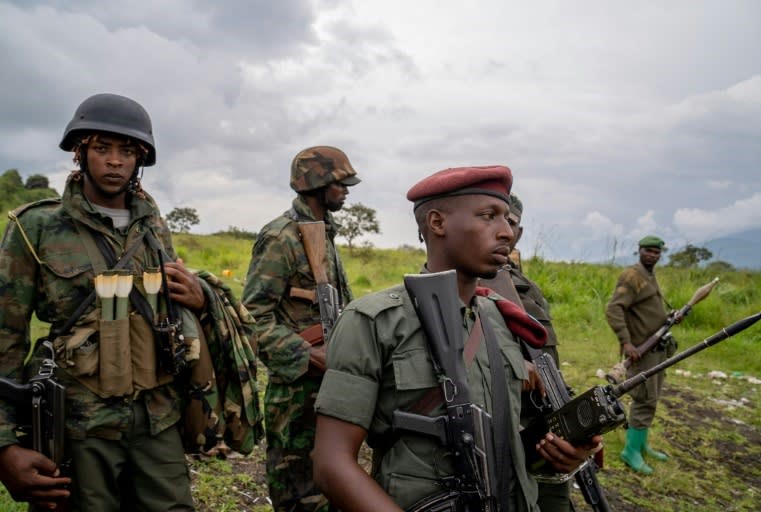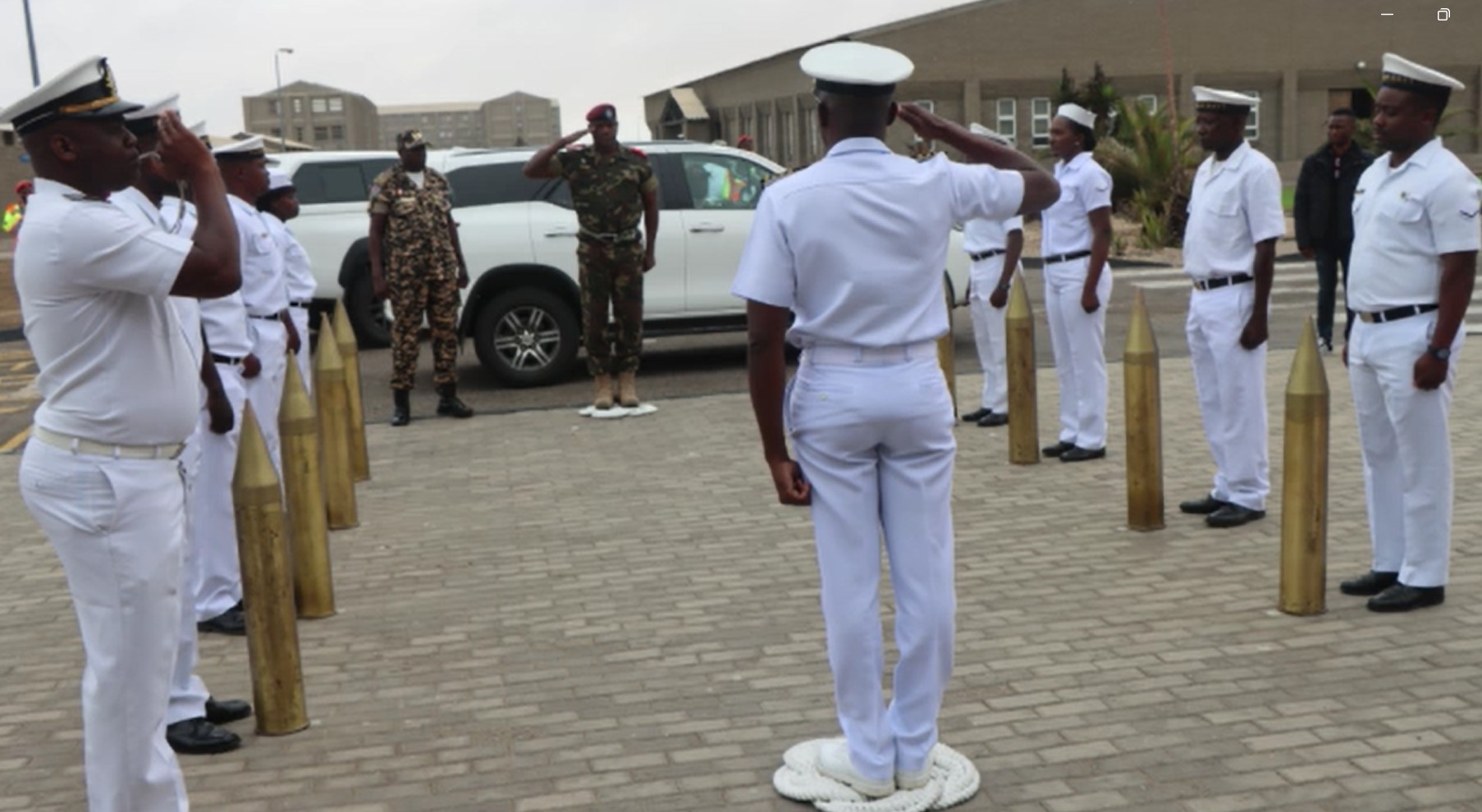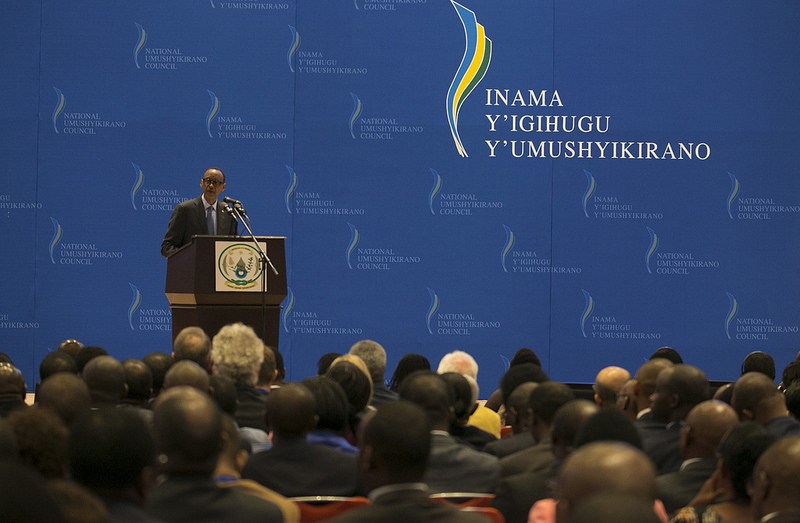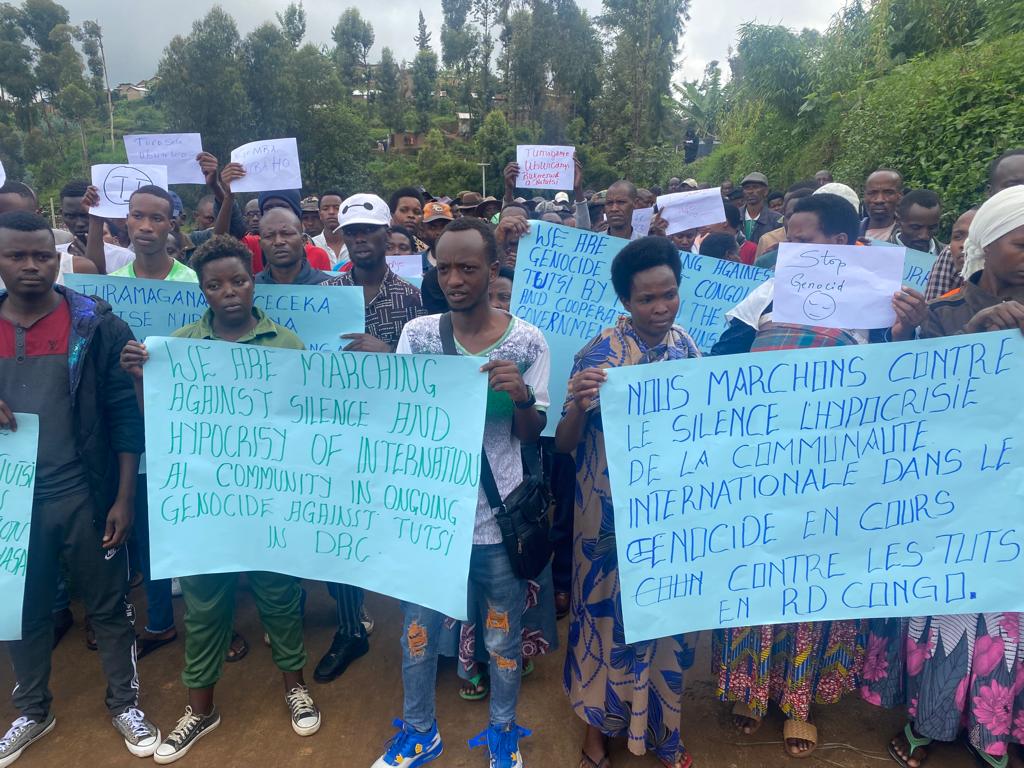Regional
Who will listen to M23?
.jpeg-20230228104008000000.jpeg)
On
February 22, Ned Price, the US State Department Spokesperson, issued a statement
saying Washington welcomed the February
17 Communiqué of the 1140th meeting of the African Union Peace and
Security Council (PSC) on the situation in eastern DRC.
“We
join the PSC in expressing concern over the deteriorating humanitarian
situation, condemning the human rights abuses committed by armed groups, particularly
the M23, ISIS-DRC, CODECO, and FDLR, and demanding that all armed groups cease
hostilities and unconditionally withdraw from the eastern DRC,” reads part of
the statement.
In
addition, the US government statement reiterated their “call on Rwanda to cease
support for the M23 armed group and to withdraw its troops” from the DRC to
facilitate implementation of these commitments in accordance with the timeline
endorsed at the February 17 EAC mini-summit.
Without
ever producing any persuasive or compelling evidence, Washington continuously
backs Kinshasa’s allegations that Rwanda is supporting the M23 rebels.
This
statement, like others before, is evidence of how unhelpful external
interference in the regional and continental processes by Washington shields
Kinshasa from accountability for its unresponsiveness in dealing with the root
causes of the precarious situation in eastern DRC, and especially of the M23
rebellion’s resurgence.
Unlike
other militia, the M23 is a rebellion fighting against a government that has
deprived its communities, the Congolese Tutsi, of the right to citizenship. Yet
no one seems to care about their plight.
At
the end of the day, who will listen to the M23's grievances?
To
date, the M23 has seized swathes of territory in North Kivu province and is near
the regional capital of Goma. Most of the territories captured by the rebellion
are occupied by Rwandophones and Congolese Tutsi who feel safe in the hands of
the rebels, their liberators. The sole purpose of the M23 is to protect a
community being persecuted.
A genocide
against the Rwandophones is gradually being implemented.
But,
without a care, "the immediate withdraw of the M23 rebels" from
occupied areas, is a statement that will never miss from any communique after
meetings regarding the security crisis in eastern DRC.
Unfortunately,
the regional bloc, the US, and even the AU, did not genuinely examine why the
M23 rebels took up arms in the first place.
Congolese
Tutsi and Rwandophones are being killed and, this has reached a Genocide stage.
The only protection they get is from the M23 rebels. Yet no one is willing to
listen to them.
On
two different occasions; in November 2022, and January 2023, the UN Special
Adviser on the Prevention of Genocide, Alice Wairimu Nderitu, issued statements,
expressing her concern on the deterioration of the security and human rights
situation in eastern DRC that included multiple attacks against civilians along
ethnic lines, especially the Tutsi Congolese.
Both
statements reiterated the indicators and triggers of a simmering genocide in
the country.
In
November 2022, the M23 issued a statement denouncing the plans for genocidal
violence against Congolese Tutsi communities, where Congolese citizens of Tutsi
ethnicity were being asked by Congolese leaders to gather in medical centres
and parishes or be killed. This statement was followed by many others proving
the atrocities being committed against their community. But all their pleas for
help fell on deaf ears.
It
is high time the international community listened to the grievances of the M23
rebels rather than depending on Kinshasa’s propaganda and lied which are meant
to worsen an already bad situation.






.jpeg-20230224104259000000.jpeg)
